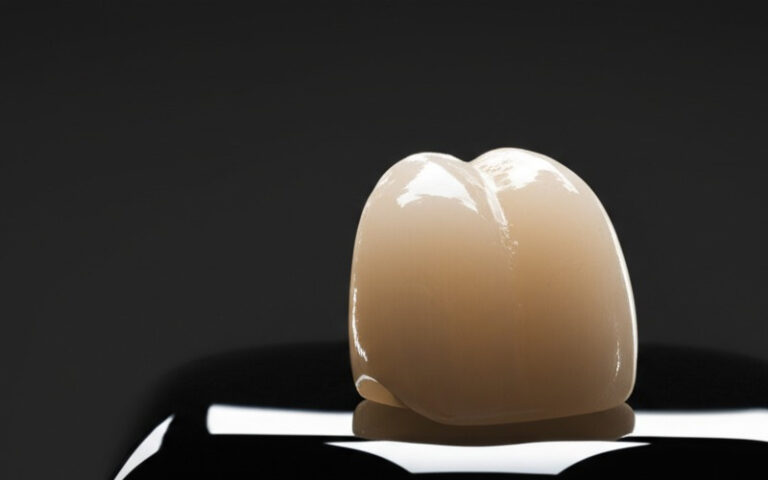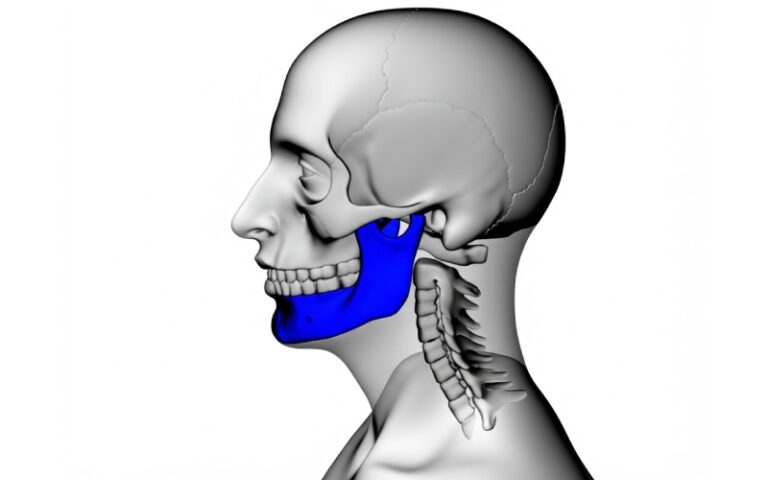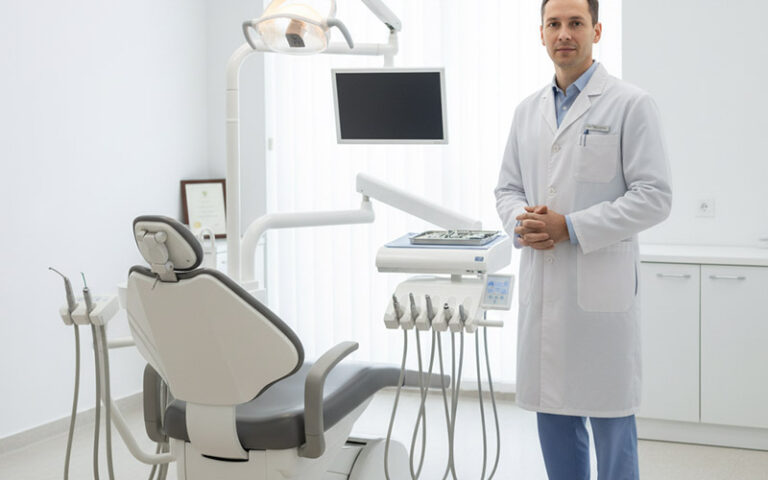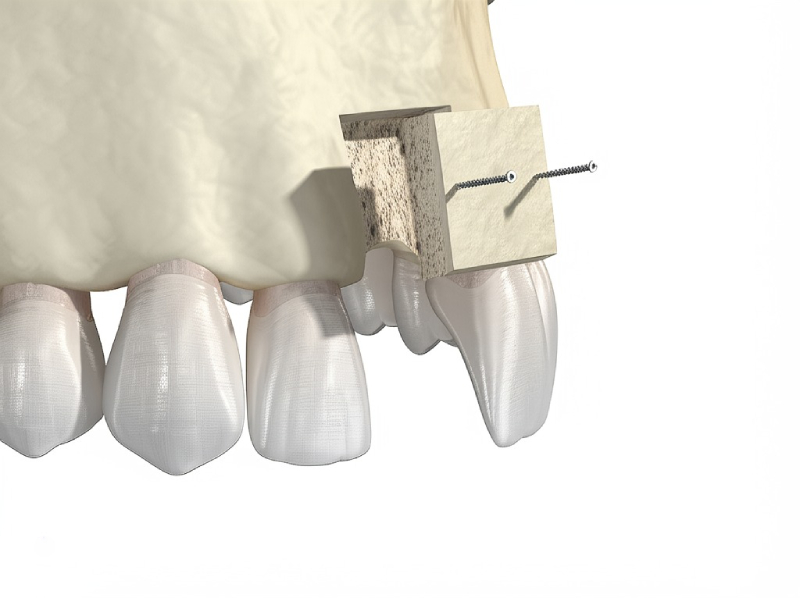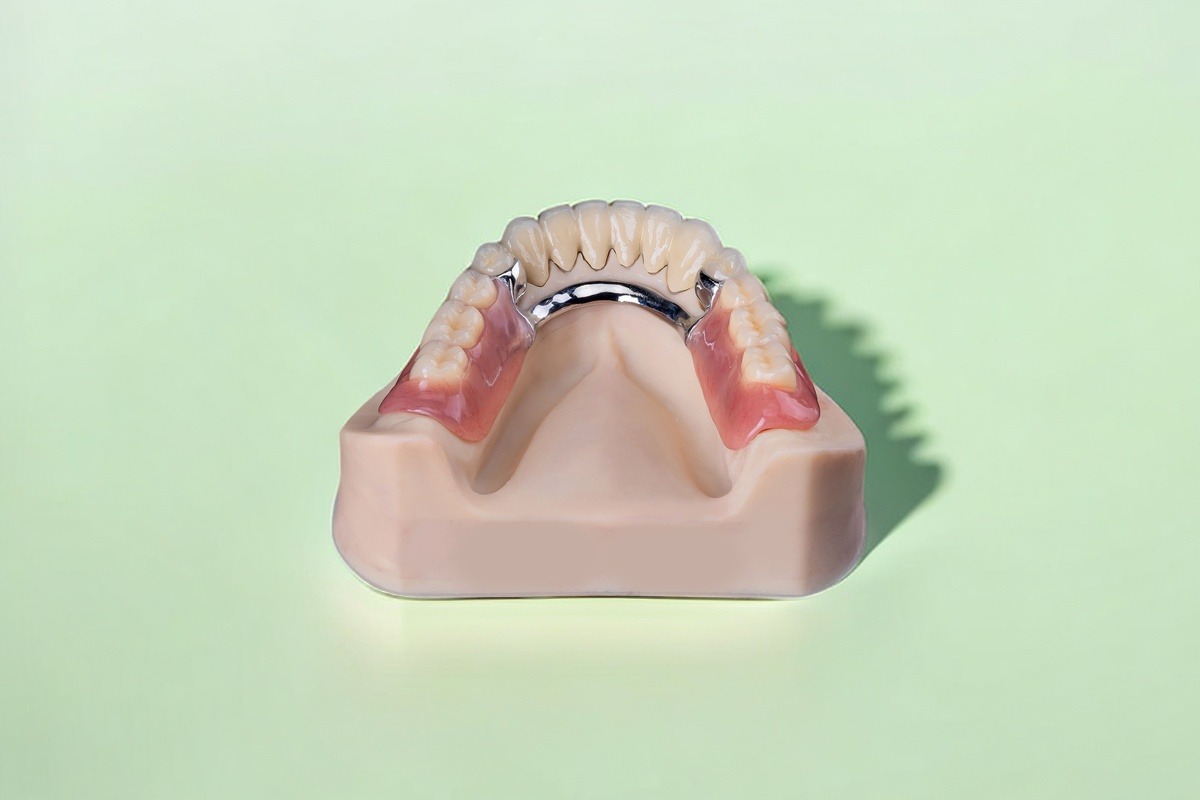
Dental Bridges vs Dentures: Comprehensive Guide
Dental Bridges vs Dentures: Restore Your Smile with the Best Solution
A confident smile can brighten anyone’s day, but missing teeth can dim that light. Dental bridges and dentures are popular options to restore your smile and improve oral function. This article explores the differences between these solutions, their benefits, and how to choose the best one for your patients. Whether you’re a dentist, dental clinic, or lab, understanding these options can enhance your practice and patient satisfaction.
Understanding Dental Bridges: What Are They?
A dental bridge is a fixed prosthetic device used to replace one or more missing teeth. It literally “bridges” the gap created by tooth loss. The bridge is anchored using crowns on the abutment teeth (the natural teeth on either side of the gap) or dental implants.
Types of Dental Bridges
There are several types of dental bridges, each suited to different situations:
- Traditional Dental Bridge
- Description: Involves creating a crown for the tooth or implant on either side of the missing tooth, with a pontic (false tooth) in between.
- Best For: Patients with natural teeth on both sides of the gap.
- Cantilever Bridge
- Description: Similar to traditional bridges but only requires one abutment tooth.
- Best For: Situations where teeth are present on only one side of the gap.
- Maryland Bridge
- Description: Uses a framework of metal or porcelain bonded to the back of the abutment teeth.
- Best For: Replacing front teeth with minimal alteration to adjacent teeth.
- Implant-Supported Bridge
- Description: Supported by dental implants instead of crowns.
- Best For: Patients with multiple missing teeth in a row.
Table: Comparison of Dental Bridge Types
| Type of Bridge | Support Method | Ideal Use |
|---|---|---|
| Traditional Bridge | Crowns on abutment teeth | Missing teeth with adjacent teeth |
| Cantilever Bridge | Crown on one abutment tooth | One-sided adjacent tooth presence |
| Maryland Bridge | Metal/porcelain framework | Front teeth replacement |
| Implant-Supported Bridge | Dental implants | Multiple missing teeth |
At ASD Dental Lab, we craft all types of dental bridges with precision, ensuring they blend seamlessly with the patient’s natural teeth.

Unpacking Dentures: An Overview
Dentures are removable prosthetic devices that replace missing teeth and surrounding tissues. They come in two main types: full dentures and partial dentures.
Full Dentures
- Usage: Replace all teeth in the upper or lower jaw.
- Fit: Rest directly on the gum tissues.
- Types:
- Conventional Dentures: Made after the teeth have been removed and the gum tissue has healed.
- Immediate Dentures: Inserted immediately after tooth extraction.
Partial Dentures
- Usage: Replace some missing teeth when some natural teeth remain.
- Fit: Attached to remaining teeth with metal clasps or precision attachments.
Bold: Dentures are often called false teeth, but modern advancements make them look and feel natural.
At ASD Dental Lab, we design dentures that provide comfort and aesthetics, helping patients regain confidence.
Dental Bridges vs Dentures: Which is Right for Your Patients?
Choosing between a dental bridge and a denture depends on various factors.
Considerations
- Number of Missing Teeth
- Location of Missing Teeth
- Patient’s Oral Health
- Budget
Pros and Cons of Dental Bridges
Pros:
- Fixed Solution: Permanently placed in the mouth.
- Natural Appearance: Mimic the look of natural teeth.
- Comfortable: No movement during eating or speaking.
Cons:
- Invasive Preparation: Requires alteration of adjacent teeth.
- Cost: Higher initial dental bridge cost.
- Not Removable: Cannot be taken out for cleaning.
Pros and Cons of Dentures
Pros:
- Non-Invasive: No need to modify adjacent teeth.
- Affordable: Generally lower cost.
- Removable: Easy cleaning and maintenance.
Cons:
- Less Stability: May move or shift.
- Adjustment Period: Takes time to get used to.
- Regular Maintenance: May require relines or adjustments.
Quote: “The best option is the one that fits the patient’s unique needs and lifestyle.”
What Is a Partial Denture and How Does It Work?
A partial denture is a removable device that replaces one or more missing teeth. It attaches to the remaining teeth with metal clasps or precision attachments.
Benefits of Partial Dentures
- Restores Function: Improves ability to chew and speak.
- Prevents Shifting: Keeps remaining teeth in place.
- Aesthetic Appeal: Designed to match natural teeth.
At ASD Dental Lab, we use high-quality materials to create comfortable and durable partial dentures that enhance patients’ smiles.
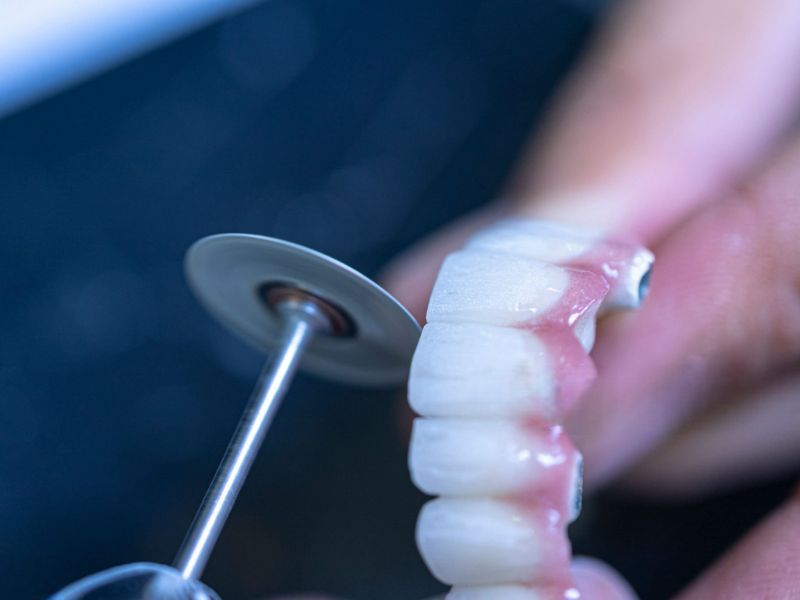
Fixed Bridge vs Removable Denture: Pros and Cons
Understanding the differences between a fixed bridge and a removable denture helps in making an informed decision.
Fixed Bridge
- Pros:
- Feels like natural teeth.
- No need to remove for cleaning.
- Long-lasting with proper care.
- Cons:
- Requires healthy abutment teeth.
- Higher dental bridge cost.
- Potential for decay under crowns.
Removable Denture
- Pros:
- Non-invasive to existing teeth.
- Adjustable and easy to clean.
- Cost-effective.
- Cons:
- May feel bulky or uncomfortable.
- Less stable than fixed options.
- Requires regular maintenance.
List:
- Choose Fixed Bridges when:
- Adjacent healthy teeth are available.
- Patient desires a permanent solution.
- Choose Removable Dentures when:
- Multiple missing teeth in various locations.
- Patient prefers a non-invasive option.
Types of Dental Bridges Explained
Understanding different type[s] of dental bridge[s] aids in selecting the best solution.
Traditional Dental Bridge
- Most Common
- Requires two abutment teeth.
Cantilever Bridge
- Used When Adjacent Teeth Are on One Side
- Less common due to potential for stress on supporting tooth.
Maryland Bridge
- Minimal Alteration
- Uses a metal or porcelain framework bonded to the back of adjacent teeth.
Implant-Supported Bridge
- Anchored by Dental Implants
- Ideal for multiple missing teeth.
Bold: The choice depends on the patient’s specific condition and oral health needs.
What Is the Cost of a Dental Bridge?
The dental bridge cost varies based on several factors:
- Material Used: Porcelain, ceramic, or metal.
- Type of Bridge: Traditional, cantilever, Maryland, implant-supported.
- Number of Missing Teeth
Table: Average Cost of Dental Bridges
| Type | Cost Range |
|---|---|
| Traditional Bridge | $2,000 – $5,000 |
| Cantilever Bridge | $2,000 – $5,000 |
| Maryland Bridge | $1,500 – $2,500 |
| Implant-Supported Bridge | $5,000 – $15,000 |
Italic: Prices may vary based on location and specific patient needs.
At ASD Dental Lab, we offer competitive pricing without compromising on quality, helping you provide the best care for your patients.
The Cons of Dental Bridges: What to Consider
While dental bridges are effective, they have potential drawbacks.
Potential Cons
- Alteration of Healthy Teeth: Adjacent teeth must be prepared for crowns.
- Risk of Decay: Underlying teeth may develop decay if not properly cleaned.
- Not Suitable for All Cases: Requires strong abutment teeth.
Quote: “Understanding the cons helps you make an informed decision for your patients.”
How Do Dental Implants Compare?
Dental implants are a permanent solution to replace missing teeth. They involve placing a titanium post into the jawbone, which acts as a tooth root.
Benefits of Dental Implants
- Longevity: Can last a lifetime with proper care.
- Bone Preservation: Prevents bone loss.
- Natural Feel: Functions like a natural tooth.
Considerations
- Cost: Higher initial investment.
- Surgery Required: Involves surgical placement.
- Not for Everyone: Requires sufficient bone density and good oral health.
At ASD Dental Lab, we provide high-quality prosthetics for implant restorations, supporting you in offering comprehensive solutions.
Getting a Dental Solution: Next Steps
Assessing Patient Needs
- Evaluate Oral Health: Ensure strong gum and bone structure.
- Discuss Options: Explain bridge vs denture benefits.
- Consider Lifestyle: Align the solution with the patient’s preferences.
Partnering with ASD Dental Lab
As a leading dental laboratory, ASD Dental Lab offers:
- Expertise: Skilled technicians with years of experience.
- Quality Materials: Use of superior materials for durability.
- Customized Solutions: Tailored to each patient’s unique needs.
Bold: Partnering with us ensures your patients receive the best care.
FAQs
What is better: a dental bridge or a denture?
The best option depends on the patient’s specific needs, including oral health, number of missing teeth, and budget. Dental bridges are fixed and feel more like natural teeth, while dentures are removable and may be more affordable.
How long does a dental bridge last?
With proper care, a dental bridge can last 5 to 15 years or longer. Regular dental check-ups and excellent oral hygiene extend its lifespan.
Are dental bridges covered by insurance?
Many dental insurance plans cover a portion of the dental bridge cost. It’s important to check with the provider for specific coverage details.
Can a dental bridge replace multiple missing teeth?
Yes, an implant-supported bridge or a longer traditional bridge can replace multiple missing teeth in a row.
What is the process of getting a dental bridge?
The process typically involves:
1. Preparation: Shaping the abutment teeth.
2. Impressions: Creating a mold for the bridge.
3. Temporary Bridge: Placed to protect teeth.
4. Final Placement: Fitting and adjusting the permanent bridge.
Conclusion
Restoring your patients’ smiles enhances their quality of life. Whether considering dental bridges, dentures, or implants, understanding each option helps in making the best choice. ASD Dental Lab is here to support dental professionals with high-quality prosthetics, expert craftsmanship, and exceptional service.
Key Takeaways
- Dental bridges provide a fixed solution for missing teeth.
- Dentures offer a removable and cost-effective option.
- Dental implants are a permanent replacement but require surgery.
- The type of dental bridge depends on the patient’s specific needs.
- Partnering with ASD Dental Lab ensures quality and satisfaction.
Related Services
- Implant Supported Dental Bridge – Enhance stability with implants.
- Anterior Zirconia Bridge – Aesthetic solutions for front teeth.
- Partial Dentures for Front Teeth – Custom partials for missing front teeth.
- PFM Bridge Anterior – Durable and cost-effective options.
- Full Denture Implants – Comprehensive solutions for full arch restoration.
Contact ASD Dental Lab today to learn how we can assist you in providing the best solutions for your patients’ smiles.
Note: This article is intended for dental professionals seeking to enhance their knowledge of tooth replacement options and is provided by ASD Dental Lab, your trusted partner in dental prosthetics.

